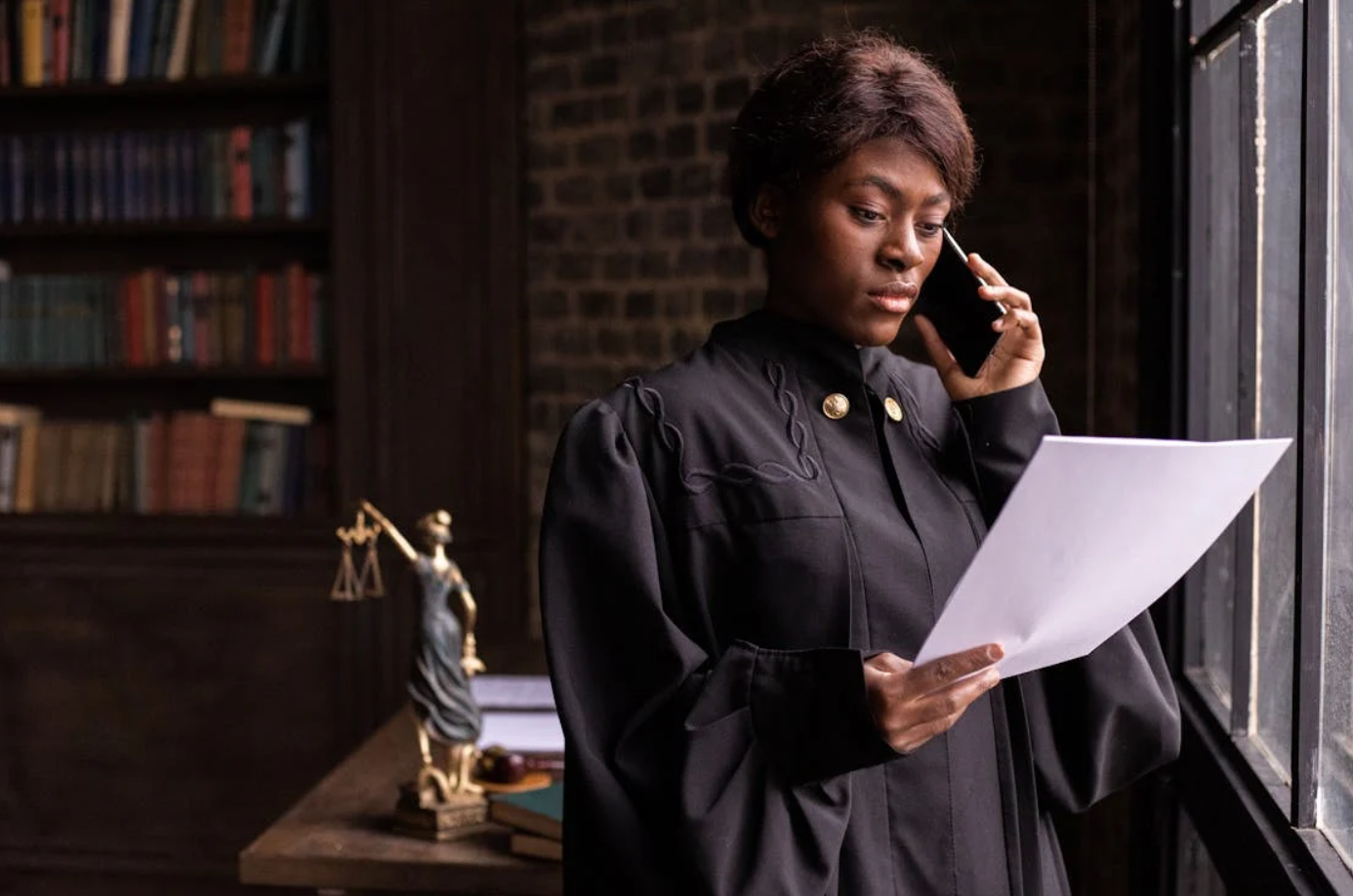Deciding whether guardianship or a POA is more suitable can be overwhelming. It is important that you consult with a highly experienced and compassionate attorney before you make this important decision.
When a loved one is no longer able to make decisions for themselves, it may be time to take the difficult step of putting a legal arrangement in place that allows a family member to manage their affairs for them. In Florida, two legal mechanisms are typically used for this purpose: Guardianships and Powers Of Attorney. Deciding which of these is best for your loved one’s circumstances can be challenging, and it is best to consult with an experienced attorney so that you can obtain legal advice tailored to your specific situation.
In this article, we provide a brief overview of guardianship and power of attorney to give you a basic understanding of these two distinct legal tools before you meet with a lawyer.
What Is Guardianship?
Guardianship is a kind of legal relationship between two people, a guardian, and their ward, that a court has established following a finding that the ward lacks the capacity to manage their own affairs. The overarching purpose of guardianship is to ensure that the ward’s best interests are protected by someone entrusted to make important life decisions on their behalf. Depending on the kind of guardianship, Emergency Temporary Guardianship, or Permanent Guardianship, the guardian may be granted the power to make financial, legal, medical, and other decisions for their ward. They can also make decisions concerning their ward’s place of residence and social environment. .
When Are Guardianships Commonly Used?
Guardianship can be used in a wide range of circumstances, but all have one similarity: the ward cannot manage their own affairs. Guardianship is commonly used to protect elderly persons who have developed dementia or Alzheimer’s, or who have become very ill. They are also used for adults with developmental disabilities, or who have suffered an injury that leaves them mentally incapable of looking after themselves. Guardianship attorneys may also recommend guardianship when a person who has a severe substance use disorder or mental illness is no longer able to manage their affairs.
Types Of Guardianship
There are two main kinds of permanent guardianship in Florida: plenary guardianship and limited guardianship. Plenary guardianship is established when the court grants the guardian all the delegable rights and powers of the ward: in other words, the guardian is granted full decision-making authority, and any decision that the ward could have previously taken for themselves can now be made on their behalf by their guardian.
In contrast, limited guardianship is established when the court only grants the guardian certain rights and powers. One common example of limited guardianship is referred to as ‘guardianship of the property’: the guardian can only make decisions concerning the ward’s property, assets, and finances, but not, for example, their medical treatment.
Another example is an emergency temporary guardianship (ETG), that can be granted in emergency circumstances, for example during an acute mental health crisis, for a period of up to 90 days.
What Is A Power Of Attorney?
A power of attorney (POA) is a legal document in terms of which one person – the principal – grants another person – the agent – the authority to make certain decisions on their behalf. A POA therefore also establishes a kind of legal relationship between two people, but it does not involve a court process. In terms of Florida law, anyone who is 18 years and older and who has full legal capacity can act as someone’s agent. Although a principal can prepare a POA themselves, it is strongly recommended that they obtain the assistance of a lawyer who has experience drafting POAs, to ensure the POA they create is legally valid. POAs are very flexible legal arrangements, in the sense that the principal can tailor their scope as needed, granting the agent either broad or limited powers.
Types Of POAs
Although POAs vary from case to case depending on the specific powers granted to the agent, there are three general types of POAs:
- General POA: the agent is given broad authority to carry out a wide range of tasks on behalf of the principal, such as buying and selling property, managing investments, entering contracts, dealing with administrative matters, and so on.
- Limited (or ‘special’) POA: the agent is only given authority to complete a specific task, such as entering a particular transaction. In other words, the POA is granted for a specified purpose and for a limited duration.
- Durable POA: durable POAs remain effective even after the principal has become incapacitated. Durable POAs can be either limited or general, but they must be granted while the principal still has full capacity.
Key Differences Between Guardianships And POAs
Guardianship attorneys often find that families who consult with them misunderstand the differences between guardianships and POAs. Yet having a firm grasp of what sets these two legal tools apart is essential for deciding on the correct course of action for your loved one.
Process of initiation
One major difference between guardianship and POA is the legal process followed to establish them. In the case of a permanent guardianship, a Petition for Incapacity and petition for permanent guardianship must first be filed with the court by a family member or other concerned person. The court then appoints an examining committee, comprising a physician or psychiatrist and two other appropriately qualified persons, to assess the allegedly incapacitated person (AIP) and file a report with the court. The court will rely on the committee’s report when deciding whether it would be appropriate to grant a guardianship order. In contrast, a POA can be established by the principal, no court process or assessment for incapacity is required.
Capacity
Another important difference is that a guardianship can be granted in circumstances where the person concerned (i.e. the ward) is already incapacitated, whereas a POA can only be created by a person who has full legal capacity at the time of executing the POA. If your loved one is already incapacitated, a POA will not be the right option.
Control
In the case of a guardianship, the ward loses control over whatever powers have been delegated to their guardian. A ward cannot terminate the guardianship appointment at will, and special legal proceedings will have to be initiated either by the guardian, a concerned person, or the court, to have a guardianship terminated. In contrast, a principal can generally revoke the POA that they have granted to their agent at any time. Usually, a principal can also still exercise the powers and rights they have granted to their agent.
Scope
A Guardianship result in more extensive decision-making powers being granted to the guardian than would be the case if they were merely appointed as an agent by the principal. A Guardianship needs to be broader in scope because the ward is no potentially no longer able to manage any of their affairs for themselves, so a guardian must be able to make decisions concerning almost every aspect of the ward’s life. In contrast, POAs – even general POAs – tend to be more limited.
Oversight

Since guardianship results in a ward being deprived of their autonomy to a significant extent, guardianship is subject to strict judicial supervision. Guardians must meet special requirements to be appointed, and they are required to file annual reports with the court to keep the court updated as to the changing needs and conditions of their ward. Florida law also requires that all guardians be represented by counsel. Conversely, POAs are not supervised by the courts, and the only time a court would become involved in a POA is if the principal sues the agent for a breach of fiduciary duty.
A Guardianship Attorney You Can Trust
Deciding whether guardianship or a POA is more suitable can be overwhelming. It is important that you consult with a highly experienced and compassionate attorney before you make this important decision. They will be able to advise you on what is most appropriate given your family’s unique circumstances and help you to prepare all the necessary legal documentation, whether it be a durable POA or a guardianship.


Join the conversation!